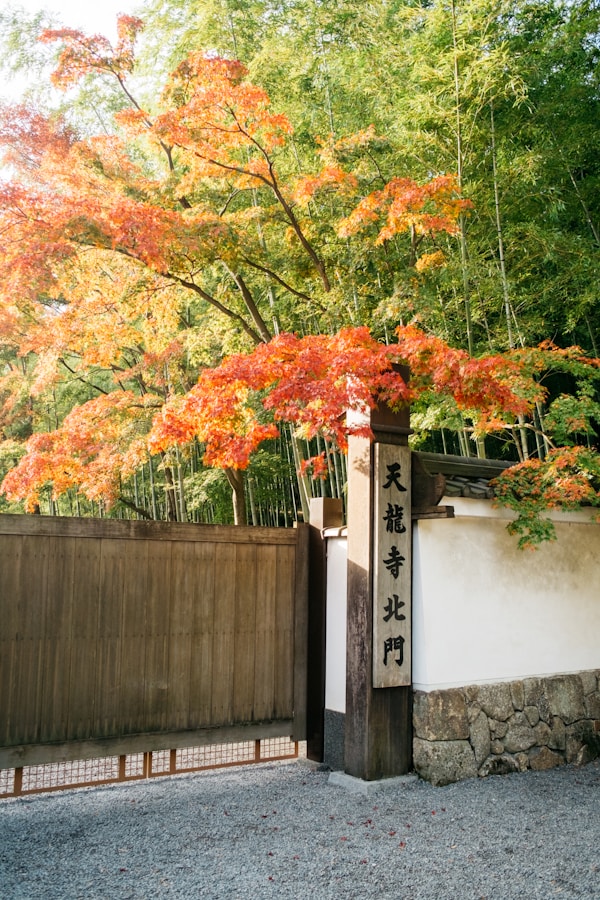.svg)
Co-Living Spaces in the Inaka: Are They the Future?
.svg)
.svg)
.svg)

Need a structural engineer for your akiya? Learn when to hire one, how much it costs, and how Old Houses Japan helps connect you with trusted professionals.


Buying an akiya—Japan’s vacant, often aging homes—can be an exciting and rewarding investment. But before you commit to renovations or even finalize your purchase, it’s essential to understand whether the structure is sound.
That’s where a structural engineer comes in. These professionals evaluate the bones of the house, identifying issues like foundation shifts, termite damage, sagging beams, or potential seismic risks.
But for international buyers, finding and working with a structural engineer in Japan can feel overwhelming—especially if you don’t speak Japanese. Here’s how to navigate the process and get the professional insight you need before taking the leap.

A structural engineer (構造設計士 / kōzō sekkeishi) evaluates the strength, stability, and safety of buildings. In the context of akiya, they may:
They work closely with architects, builders, and renovation teams to plan safe, legal upgrades.
Not always—but it's highly recommended if:
Inexpensive homes may come with expensive hidden issues—so spending ¥100,000–¥200,000 on an inspection could save you millions in repair costs later.
✅ Through Your Architect or Renovation Firm
Most architects in Japan work closely with structural engineers. If you’re already working with a renovation partner, ask for their in-house or recommended engineer.
✅ Prefectural Architect Associations
Each prefecture has a kenchikushi association (建築士会) that can refer you to licensed professionals.
✅ Local City Hall or Akiya Bank Coordinators
City officials sometimes maintain a list of trusted professionals in the region, especially if they partner with akiya revitalization programs.
✅ Word of Mouth or Foreigner-Friendly Platforms
Old Houses Japan maintains a vetted network of bilingual or foreigner-friendly structural engineers across the country.
When reaching out to a structural engineer (or their firm), ask:
📌 If you don’t speak Japanese, ask if they have a bilingual staff member—or work through a liaison like Old Houses Japan.
Prices vary depending on location, home size, and scope, but here’s a general range:
In remote areas, travel fees may apply—but you can often bundle this with other services, such as architectural planning or renovation design.
We assist buyers by:
Whether you’re planning a minor fix or a full-scale restoration, we help you understand exactly what your home needs to stand strong for years to come.
Akiya homes can offer charm, character, and incredible value—but only if they’re structurally sound. A qualified structural engineer gives you peace of mind, ensures your investment is protected, and makes sure your renovation plans won’t hit unexpected snags.
Need help finding a structural engineer for your property? Reach out to Old Houses Japan for support, recommendations, and expert guidance every step of the way.
Start your journey with Luxey today! Sign up for free and get instant access to the best property listings.



